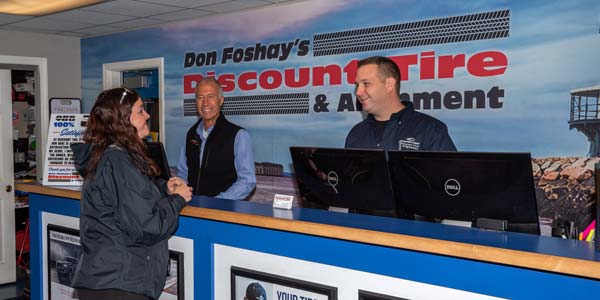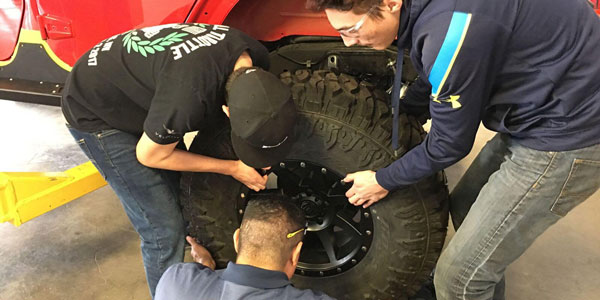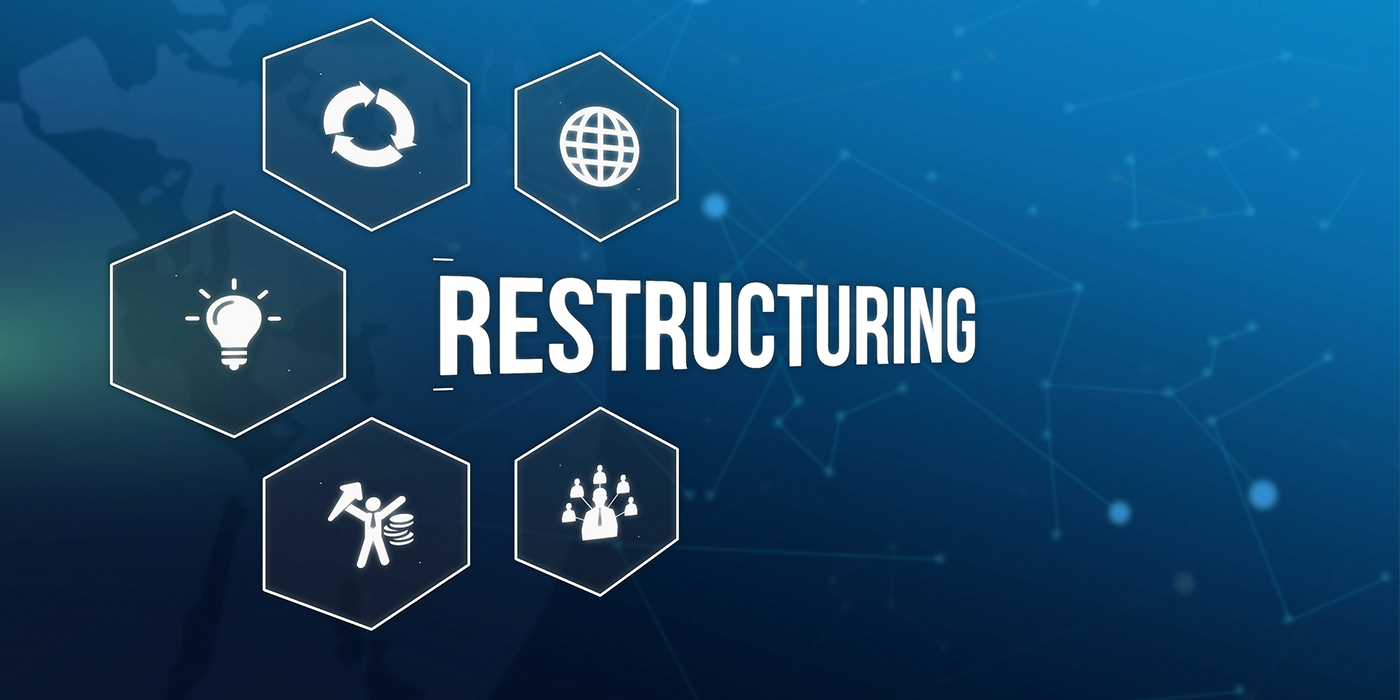I always encourage each participant of my Pinnacle Performance Training to reach out and contact me directly with any feedback or questions they may have regarding improving their personal and/or team performance. Recently, a store manager from one of my clients emailed me and attached an article on “customer service scripts.”
The article focused on companies that enforce their personnel to read from scripts and provide “canned answers” on customer service calls. Below is the manager’s message, my reply and our follow-up responses. From this dialogue, you’ll learn the difference in communication from using a script, to conducting a sales call, and understand the outcomes of both.
Original Message
Hey Steve,
I came across this article and found it interesting, so I figured I’d send you the link and pick your brain about it.
Correct me if I’m wrong, but one of the things I took from your classes is that there has to be some level of personal connection to the conversation that you are having and the customer you are having it with. Not every customer is the same and not every customer will respond to the sales process the same. From my understanding, your sales process is a guideline, which should be adapted to each individual conversation. My only issue is that I don’t think that’s how corporate interpreted it, and they took it as a script that should be followed word for word.
Now, I’m doing my best to follow your advice and implement it the way corporate wants, but I feel like we are not on the same page. I know that they are only trying to make things better, but I don’t think that they understand that following a script word for word isn’t the best way. I’m not sure what I should do: Follow your process the way I believe you intended or follow their strict method.
My Response
Thank you for sharing this with me and your thoughtful commentary. I’m sure you are not the only one who feels the way you expressed, and I am glad you brought this to me directly.
Let’s start by addressing the article you sent. In a nutshell, it is all about “canned answers,” meaning having canned responses to incoming customer problems/concerns.
To be clear, those type of “customer service scripts” are not the same as following a sales process like we are doing on our sales call interactions.
Having said that, I understand your confusion. They tell them what to say on customer service calls, we tell you what to say on sales calls, so it must be the same thing. I assure you it is not. Whereas “customer service scripts” are about answers, a sales process is predominately about questions. Questions allow you to manage and control the conversation. And, when you manage and control the conversation, you have your best shot at controlling a favorable outcome.
Every world-class retail or service company has institutionalized their sales process, and from the time you first interact with them, you are in it.
There are only three ways to sell more: Do more right. Do less wrong. Or do both. This is exactly what a sales process accomplishes when executed effectively.
The reason folks feel awkward and uncomfortable (“like robots”) is, as we covered in class, behavioral modification. They simply have not done it consistently enough to get comfortable and conversational with the process. They try it sporadically, it feels awkward, and they retreat to their comfort zone. Remember, it takes two to three months to turn a behavior into a habit. That means every call, every day, for 10 weeks.
Let’s address the word-for-word part. When evaluating sales calls, we always allow for when the wording is off slightly, but the intent and meaning are there. However, the reality of a proven sales process is that when you say the right thing, at the right time, in the right way, you get the right results. It’s like a professional sports team running plays… the play is the play… they already know it works when executed effectively. You just have to run the play the right way.
Like that professional sports team, we already know the process works when executed effectively. That is why I regularly say, “The program works if you work the program.”
Manager’s Reply
To stick with the sports analogies, using your sales process effectively seems to be more about being on the offensive and directing the flow of the conversation.
The article’s focus seems to be about being on the defensive and letting the customer control the conversation, then you just insert the correct “canned answer” based on the customer’s question.
Behavioral modification, as it pertains to the way I interact with customers or people in general, is not an easy thing for me to do. Mostly because I’ve always considered myself to be a “people person.” I’ve always been good in conversation with just about anybody, so changing my approach does feel awkward. I guess there is no easy way to do it other than to well, just do it.
As you said, I also think it would be very worthwhile to share this with the team, as I know there are a few others here who have the same concerns I do.
My Reply
You are spot on with your sports analogy… an effective sales process is very much about being on the offensive and managing the interaction.
Of course, the caller does not know the sales process, so they often ask questions along the way that need to be dealt with in an equally effective manner. That’s why world-class organizations also work on developing the best responses (defense) to typical caller questions. What to say when the caller asks, “Is this a good tire?” or for “Do I need an appointment?” are good examples.
Although the process should always be consistent, the one variable (from rep to rep) is personality, and this one area is what often separates the good performers from the truly great. As you mentioned, you are already considered to be a “people person.” This intangible is a tremendous advantage in sales and in executing the process as you can make it come to life by infusing your magnetic personality.














